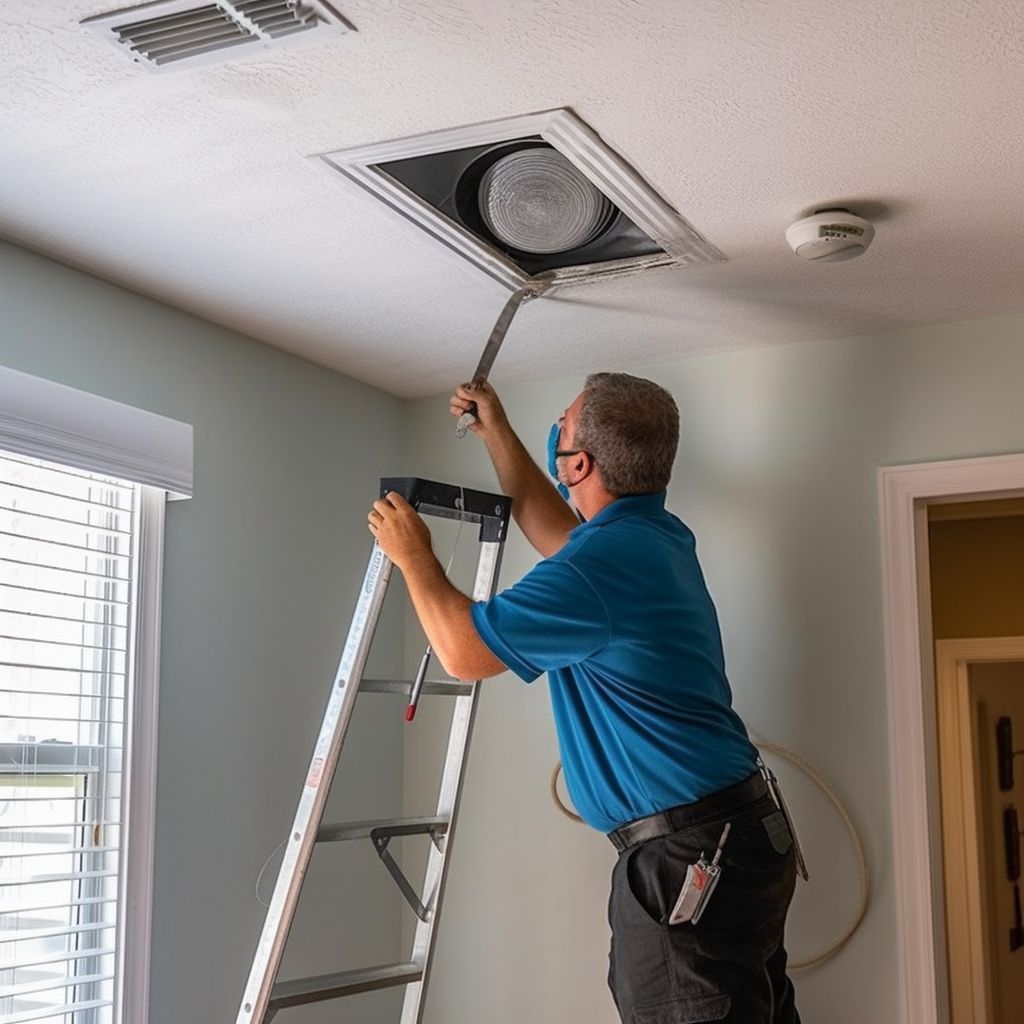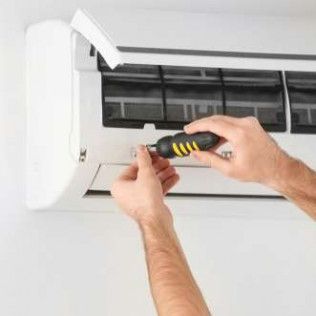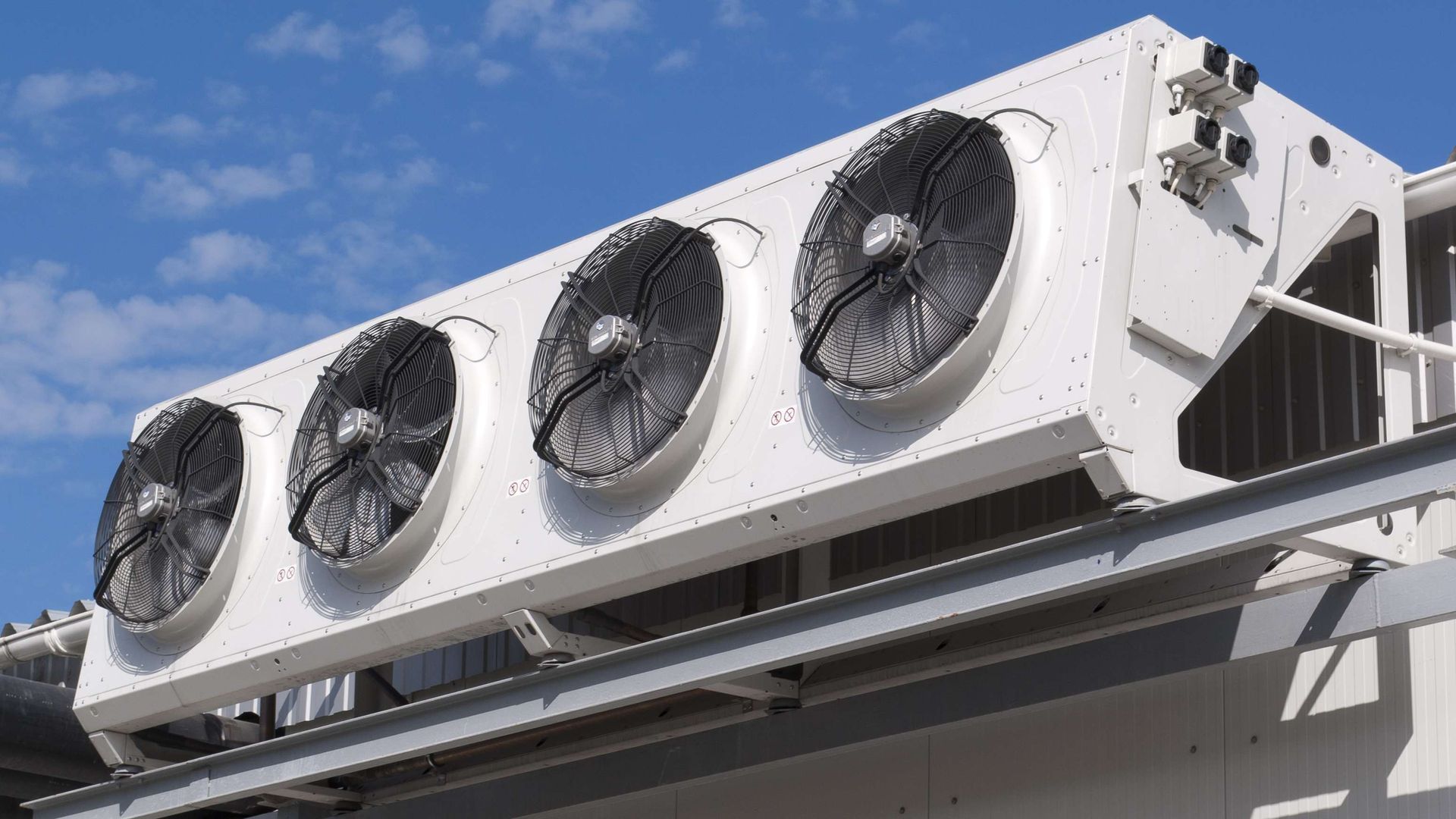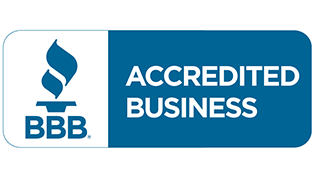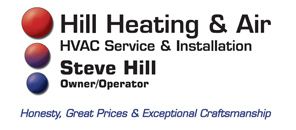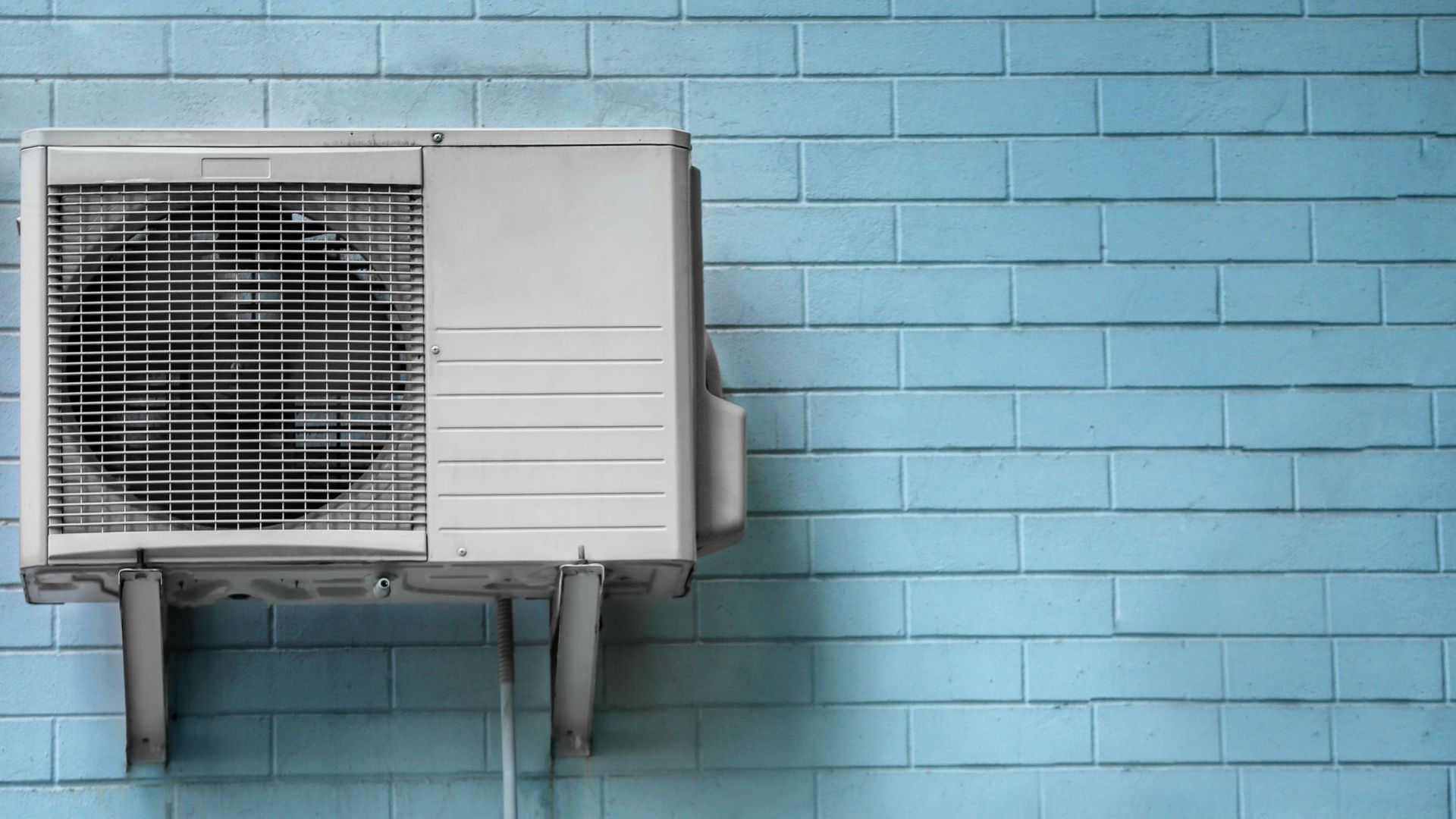
What Are The Top Signs Your HVAC System Needs Repair or Replacement?
Your HVAC system works hard to keep your home comfortable all year long. It heats your home in the winter and cools it during the summer. But what happens when it starts showing signs of trouble? Ignoring small problems can turn into expensive repairs or even a full system replacement.
This guide breaks down the most common signs your HVAC system might need some attention. You’ll learn what to watch for and when to call a professional. If you’re curious about routine maintenance or system upgrades, check out this in-depth HVAC guide for more details.
Why Identifying HVAC Problems Early Is Crucial
Catching HVAC problems early isn’t just about avoiding discomfort; it’s about saving money and keeping your system running longer. When you fix small issues before they grow, you can prevent breakdowns, lower repair costs, and even keep your energy bills in check.
Think about it: your HVAC system works overtime in Utah’s extreme weather. Regular maintenance and quick fixes ensure your home stays comfortable year-round. On top of that, taking action early helps extend the life of your system, meaning you won’t have to replace it as often.
For a closer look at the benefits of proper HVAC care, check out the section on maintenance services in The Ultimate Guide to Heating and Air Conditioning Services in Utah.
Top Signs Your HVAC System Needs Repair
When your HVAC system isn’t working as it should, it often gives clear warning signs. Paying attention to these signs can save you from expensive repairs or an untimely replacement. Here are the most common red flags to watch for:
Inconsistent Temperature Regulation
If some rooms in your house feel like the Arctic while others feel like a sauna, your HVAC system might be struggling. Uneven heating or cooling often points to problems like:
- A malfunctioning thermostat
- Clogged or leaky ducts
- Aging components that aren’t distributing air evenly
When your system can’t keep the temperature steady, it’s not just annoying—it’s a sign that something needs fixing.
Unusual Noises from the System
You’re used to the hum of your HVAC, but if it starts making loud banging, squealing, or rattling noises, it’s time to take notice. These sounds could mean:
- Loose or broken parts
- A failing motor
- Debris stuck in the system
Don’t ignore these noises. What starts as a small issue could lead to major repairs if left unchecked.
Increased Energy Bills
If your energy bills have suddenly spiked, your HVAC system might be the culprit. When it’s not running efficiently, it uses more energy to heat or cool your home. This could be due to:
- Dirty filters restricting airflow
- Worn-out components forcing the system to work harder
- Leaks in the ductwork
Keep an eye on your utility bills—they can be a great indicator of your system’s health.
Weak Airflow
Weak airflow from your vents is another sign your HVAC system is struggling. This could be caused by:
- Blocked or dirty vents
- A failing fan
- Issues with the ductwork
If your system isn’t pushing enough air, it won’t be able to keep your home comfortable.
Foul Odors
A bad smell coming from your HVAC system is never a good sign. Common odors include:
- Musty smells, which might mean mold or mildew is growing in the ducts
- Burning smells, which could indicate electrical problems or overheating parts
These odors don’t just affect your comfort—they can impact your health.
Frequent Cycling
If your system is constantly turning on and off, it’s likely short cycling. This might be caused by:
- A faulty thermostat
- Improper system sizing
- A system that’s working harder than it should due to maintenance issues
Frequent cycling isn’t just inefficient—it can wear your system out faster.
System Age and Frequent Repairs
If your HVAC system is over 10–15 years old and seems to need repairs every season, it might be time to consider a replacement. Older systems are less efficient and more prone to breakdowns, so putting money into constant repairs might not be worth it.
What Happens If You Ignore These Signs?
Ignoring the warning signs of a failing HVAC system can lead to more than just discomfort. Small problems can quickly snowball into bigger issues, leaving you with higher costs and less peace of mind.
Higher Repair Costs
What starts as a minor issue, like a clogged filter or a loose part, can turn into a major repair if left untreated. For example, ignoring a strange noise might lead to motor failure, which costs far more to fix than a routine tune-up.
Reduced Comfort
A poorly functioning HVAC system struggles to maintain consistent temperatures and airflow. Ignoring these issues can leave you dealing with hot and cold spots, weak airflow, or even no heating or cooling when you need it most.
Increased Energy Bills
An inefficient system uses more energy to keep your home comfortable. Ignoring signs like weak airflow or frequent cycling means your utility bills will continue to climb, month after month.
Complete System Failure
The worst-case scenario? Your HVAC system stops working entirely, leaving you scrambling for an emergency repair or replacement. Breakdowns tend to happen during extreme weather when your system is under the most stress—exactly when you need it the most.
When to Consider Replacement Over Repairs
Sometimes, repairing your HVAC system isn’t the best solution. While repairs can keep your system running in the short term, there comes a point when replacement becomes the smarter choice. Here’s when you should think about upgrading:
Your System Is Over 10–15 Years Old
HVAC systems typically last around 10–15 years. If yours is hitting that age and experiencing frequent issues, it might be time to invest in a new one. Newer models are more energy-efficient and come with modern features, saving you money in the long run.
Frequent Repairs Are Adding Up
If you find yourself calling for repairs every season, the costs can quickly outpace the price of a replacement. Instead of sinking money into an aging system, upgrading to a new one can give you peace of mind and better performance.
Your Energy Bills Keep Rising
Older systems aren’t as efficient as today’s energy-saving models. If your bills keep climbing despite regular maintenance, replacing your system with a newer, more efficient one can make a big difference.
Your Comfort Is Suffering
When your system struggles to keep your home comfortable, it’s time to think about whether it can still meet your needs. A new system can solve problems like uneven temperatures, weak airflow, and frequent cycling.
How Professional Maintenance Can Prevent Future Problems
Regular professional maintenance is the key to keeping your HVAC system running smoothly. By scheduling tune-ups and inspections, you can catch small problems before they turn into expensive repairs or complete system failures.
What Does Professional Maintenance Include?
During a maintenance visit, an HVAC technician will:
- Inspect and clean components like filters, coils, and ducts
- Check for wear and tear on parts such as belts and motors
- Test the thermostat to ensure it’s functioning correctly
- Identify and fix minor issues before they escalate
This thorough process not only keeps your system in top shape but also extends its lifespan, saving you money in the long run.
Benefits of Regular HVAC Maintenance
- Improved Efficiency: A well-maintained system uses less energy, lowering your utility bills.
- Consistent Comfort: Proper maintenance ensures your system can keep your home evenly heated or cooled.
- Fewer Repairs: Small issues caught during routine check-ups are cheaper to fix than major breakdowns.
- Longer Lifespan: A maintained system can last several years longer than one that’s neglected.
Professional maintenance gives you peace of mind, knowing your system won’t fail when you need it most. For more tips on keeping your HVAC in top condition, visit the maintenance section of our Ultimate HVAC Guide.
Keep Your HVAC System in Top Shape
Don’t let small HVAC problems turn into costly repairs or complete system failures. Catching issues early not only saves you money but also keeps your home comfortable year-round. Whether it’s inconsistent temperatures, strange noises, or rising energy bills, addressing these signs quickly makes all the difference.
When you need reliable HVAC services, trust Hill Heating and Air, serving South Jordan, Salt Lake City, and surrounding areas. Owned and operated by Steve Hill, they specialize in AC and heating installation, repair, and maintenance. With years of experience and a dedication to customer satisfaction, their team provides efficient, tailored solutions for every home.
From quick fixes to energy-efficient system installations, Hill Heating and Air ensures your comfort is never compromised. Contact their expert team today to schedule your service and experience the difference of prompt, professional care!
Contact Us
Contact Us
We will get back to you as soon as possible.
Please try again later.
HILL HEATING & AIR, LLC
South Jordan, UT 84095
CALL US
Phone: (801) 860-0655
HOURS | 24/7 AFTER HOURS AND WEEKENDS
- Mon - Fri
- -
- Sat - Sun
- Closed
HILL HEATING & AIR, LLC
Salt lake city , UT 84130 United States of America
CALL US
Phone: (801) 860-0655
HOURS | 24/7 AFTER HOURS AND WEEKENDS
- Mon - Fri
- -
- Sat - Sun
- Closed
Copyright © 2023 Hill Heating & Air, LLC, all rights reserved.

